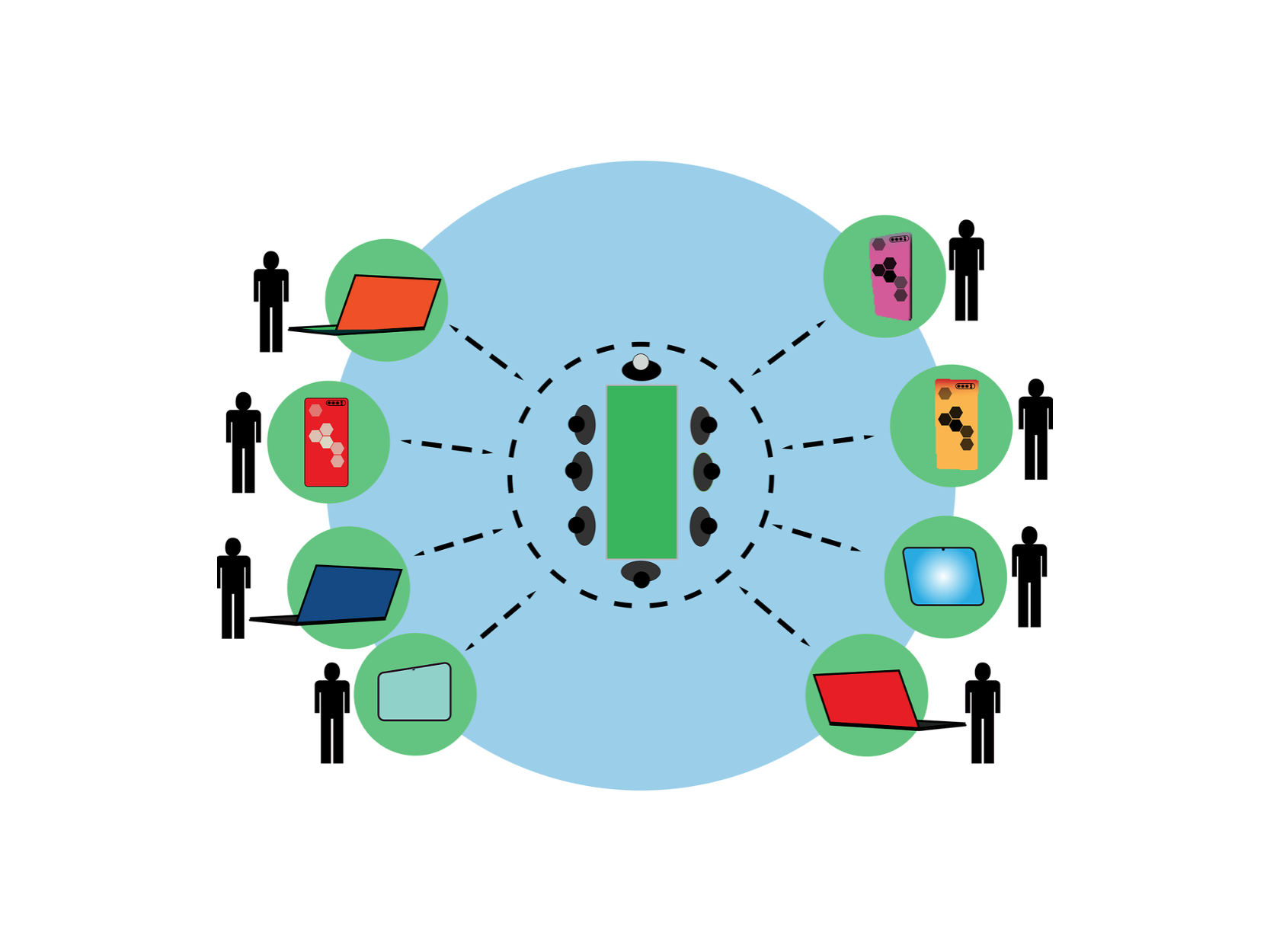Main Menu

Here at KT Alberta, as with everywhere else, we have been learning a lot since the beginning of the pandemic. We have been learning how to manage our work schedules around naptime, solve IT problems, hold meetings with our barking dogs around, homeschool moody teenagers, and so on. Many in the KT community have also been learning how to maintain meaningful engagement with patients, health care providers, policy makers, and other stakeholders in light of physical-distancing rules.
Meaningful engagement remains imperative during COVID-19, although the need for urgency can tempt us to forgo the time and energy required to do stakeholder consultation. The spread of damaging misinformation about COVID-19 reveals that we need to keep talking to our stakeholders in ways that build trust and help us create relevant and meaningful KT.
To help you navigate the new demands of engaging while apart, we have compiled a list of our favorite guidance resources. They are:
These two resources are great for anyone who does not have time to watch a webinar or just needs really quick tips on engaging when there are physical distancing restrictions. Some of the tips are specific to the USA or University of North Carolina resources, but the headings make it easy to find the info you need.
Since May, the focus of the KT Connects webinar series hosted by the MSFHR has been on the challenges of pursuing a KT strategy in the context of a pandemic.
How to do knowledge translation in a pandemic: Here, Dr. Sarah Munro summarizes impactful knowledge dissemination methods that researchers can do during the pandemic. She also discusses how to maintain strong relationships with patient partners remotely based on her own experiences working with parents in northern communities.
Knowledge translation and behaviour change science: Building community in a pre- and post-pandemic world: This webinar is a great introduction to the concepts of KT, implementation science, and behaviour change theories. Starting at minute 28, Dr. Jasmin Ma discusses KT in the context of the pandemic including “Pearls of Wisdom” from patient partners.
Engaging with policy makers through media: a 101 for researchers during a time of pandemics: Understandably, it is particularly hard to get the attention of policy makers at this time. In this webinar, Dr. Michelle Stack discusses how to grab their attention by using different media platforms.
This list on the Virtual Tools for POR during COVID-19 is extensive and includes webinars on hosting focus groups remotely, practical information on how to use tools such as Zoom and Microsoft Teams, as well as resources developed by the different SPOR Units across Canada.
Patient-Oriented Research Zoom Conversations: Patient Engagement Done Online: This webinar is a great overview of issues you need to think about when engaging virtually, and it includes the perspectives of both researchers and patient partners.
Public and Patient Engagement Panel Series: Pre-Assessing Needs for Inclusive Online Engagement (Part 1): This webinar highlights the need for researchers to take time prior to starting a project to assess any barriers that stakeholders may have regarding virtual engagement. One key barrier to any engagement with stakeholders is finding a common time slot when everyone can meet. One solution to that issue is holding Asynchronous Online Focus Groups.
During stakeholder engagement, it is important that every person at the table knows that they are an equal team member. This webinar series discusses methods on managing power dynamics, issues of equity, and shared decision-making during virtual meetings.
We hope this list of resources helps you with your engagement while you continue your KT work throughout the pandemic. If you have other favourites, please share them with us on twitter @KT_Alberta or in the comments below!
Let us know how you want to stay connected


 News + Events
News + Events

 Patient Partner Research Opportunities
Patient Partner Research Opportunities

 I agree to receive occasional emails from AbSPORU.
I agree to receive occasional emails from AbSPORU.University of Calgary Foothills Campus
3330 Hospital Dr NW
Calgary, AB T2N 4N1
College Plaza
1702, 8215 112 St NW
Edmonton, AB T6G 2C8
The Alberta SPOR SUPPORT Unit operates on and acknowledges the lands that are the traditional and ancestral territory of many peoples, presently subject to Treaties 6, 7, and 8. Namely: the Blackfoot Confederacy – Kainai, Piikani, and Siksika – the Cree, Dene, Saulteaux, Nakota Sioux, Stoney Nakoda, and the Tsuu T’ina Nation and the Métis People of Alberta. This includes the Métis Settlements and the Métis Nation of Alberta. We acknowledge the many First Nations, Métis and Inuit who have lived in and cared for these lands for generations. We make this acknowledgment as a reaffirmation of our shared commitment towards reconciliation, and as part of AbSPORU’s mandate towards fostering health system transformation.
© 2024 AbSPORU